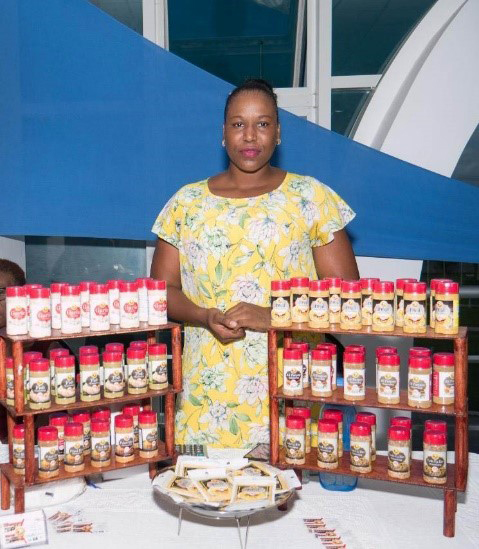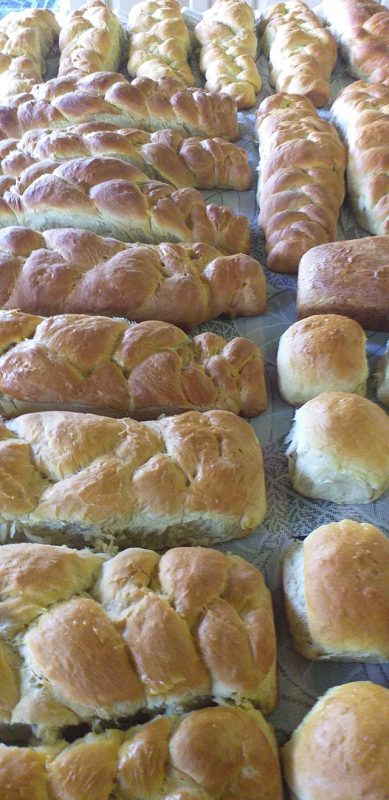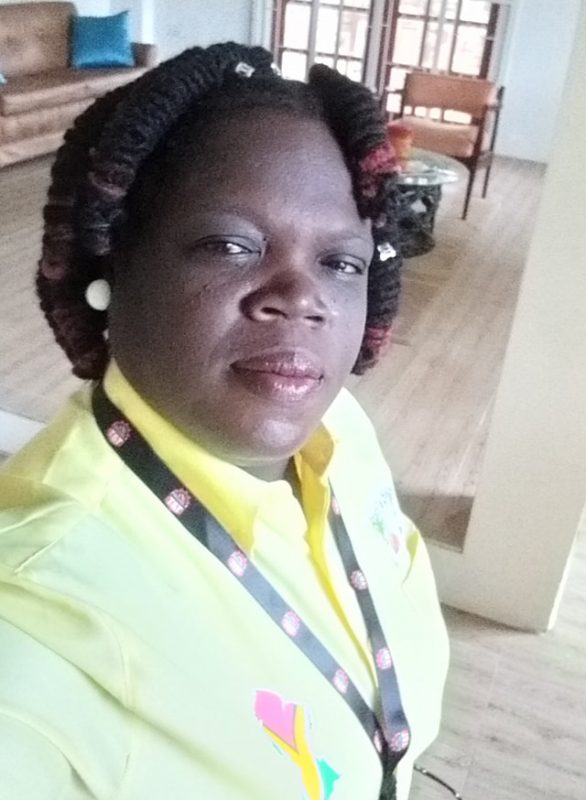Almost half of businesses in the manufacturing and services industry that were canvassed for a COVID-19 needs assessment survey have had to dismiss staff or plan to in the future and many of them see financial assistance, such as loans, subsidies, and cash grants, as being vital for their survival.
The survey, which was commissioned by the Guyana Manufacturing and Service Association (GMSA) to identify key challenges faced by businesses due to COVID-19, was administered virtually in June and saw a total of 37 participants from the different sectors, including agro-processing, forestry and wood products, and services. The participants have work forces ranging from two to two hundred and fifty workers.
According to the findings, which were seen by Sunday Stabroek, 17% of the surveyed businesses were forced to stop operating due to COVID-19, with small enterprises from the agro-processing sector employing between one and ten persons being the worst affected. Almost 90% of the respondents said that customers/clients had been affected and that demand was lower than normal.
The survey also found that 81% of the respondents indicated that cash flow to maintain staff and business operations was inadequate, while 55% said that they did not have their own funding or access to alternative sources of funding to maintain operations and staffing levels. It was further noted that around 50% of the respondents had to dismiss staff or planned to in the near future. The survey also showed that 54% of businesses were challenged due to raw materials being unavailable or becoming very expensive, resulting in a disruption of their operations.
It was against this background that access to financial assistance was favoured by over half (58%) of those surveyed in order to sustain themselves. Apart from affordable loans, subsidies, and cash grants being made available, some respondents favoured tax relief measures for businesses, including suspending employee taxes, waiving VAT on products and reducing corporation taxes during the current period.
Also proposed by some 20% of the respondents was a restoration of the demand for local products through government procurement of local production, promotion of local consumption and requiring foreign entities to support local goods and services.
Additionally, some businesses believe that once they have access to financial assistance they will be able to have their operations up and running within 6 to 12 months, while 3% said they will be able to restart almost immediately (1-3 weeks). Others were unable to say when they will be able to have their operations return to normalcy. It was noted that 37% of the businesses reported that they will be able to resume operations within one to five months.
Keep alive
While some businesses in the sector have been forced to temporarily halt their operations, some others are continuing to adapt to the challenges in order to stay afloat.
Rodiekah DeFreitas, the proprietor of Diekah’s Spices, said her business has experienced a decline in orders from markets and as a result she has been forced to adopt new methods, such as online marketing strategies, to keep going.
“Since it started the orders have been less. Sometimes you go into a supermarket and they don’t have your product but they tell you ‘Let’s see how business goes next week or next month.’ Or if they normally purchase 40 items, they would take 12 now. So business has declined significantly,” she pointed out.
The young entrepreneur also related that since the pandemic she has seen increases in the prices for commodities from not only farmers but wholesalers and transport operators. “It has been difficult to manage during this time but I had to find away because every day the prices are raising,” she added.
According to her, she has had to use Facebook as a market place to sell her products. She stated that she has also had to be innovative and create value packages to offer to her customer base.
While she had employed three persons at her West Coast Demerara operation, she was forced to let go of one employee and has retained the others albeit on a rotation system. Luckily, she said, she was able to find a job for her former employee with another young entrepreneur.
“I am just trying to keep alive because the pandemic has really taken a toll on us. The little money I had saved up from Christmas when business had been blooming had to go back into the business,” she said.
DeFreitas, however believes that she will need financial assistance to return to her full scale operations whenever the pandemic ends.
“I have taxes for the National Insurance Scheme and Guyana Revenue Authority back up. I am not the only one in this situation. For us micro producers, it is hard to squeeze the little money that we have to pay taxes,” she said before suggesting that some sort or waiver should be granted to them or financial assistance should be offered.
Simone Peters, owner of Ann’s Country Style, which produces coconut biscuits and cheese straw, has also been trying to weather the storm of the pandemic.
Peters explained that with persons being confined to their homes, the amount of products she once sold in a day now takes at least three days to be sold out.
“Production has dropped significantly and I no longer have the full staff because the products are not moving as fast as they would have before COVID,” she explained.
She also said that that she had to restructure her business and now offers bread and other traditional Guyanese snacks, such as egg balls, pholourie, and souse, among other things.
Like DeFreitas, she too uses Facebook as a market place where persons can place orders. She noted that this has helped her to keep going.
She has had to lay off all five of her employees as a result of COVID-19.
Meanwhile, Joycelyn Williams, proprietor of JTW Management Institute, a training company, said that her business has been severely affected since she is unable to host any seminars. She organises professional enhancement seminars for persons from the private and public sectors but because of restrictions gatherings she has not been able to do so.
She related that her company had to let go of part-time staff due to the substantial reduction in business. She noted that despite the current situation the business still has small revenue stream from Mathematics and English classes and other courses that it offers.
At this point, she is weighing if it is feasible to enroll persons for the September intake as the pandemic does not look like it will be over soon.









